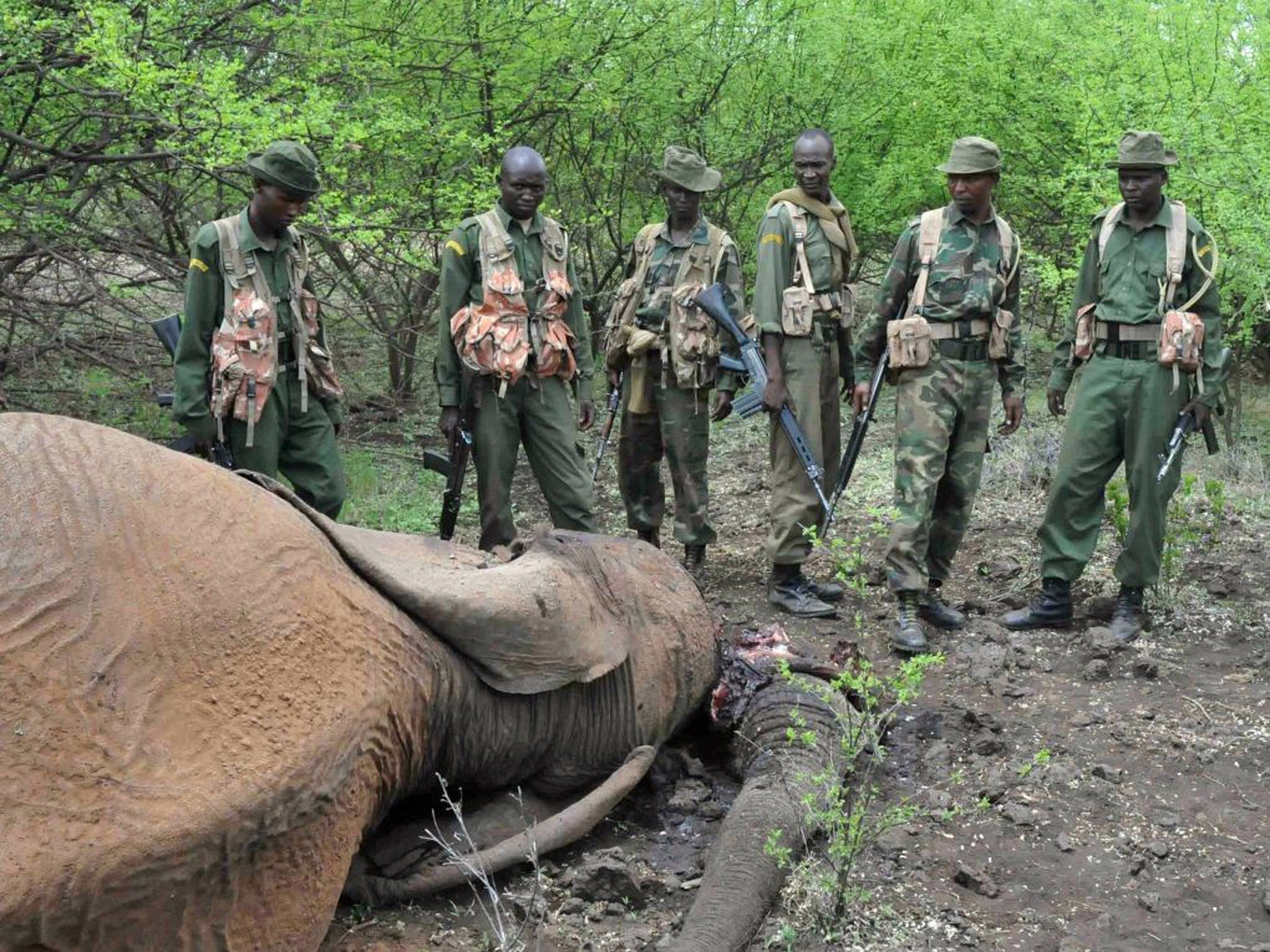Indyplus Christmas Campaign: 10 things you need to know about elephant poaching

It is a familiar cause, but it has never been more urgent. Last year, tens of thousands of Africa's elephants were killed to supply illegal ivory to markets throughout the world. Increasingly, revenue generated from this blood ivory is being used to fuel war and terrorism in Africa.
This year, our Christmas campaign aims to help put a stop to illegal elephant poaching. To find out what all the fuss is about, read our list of the 10 things you need to know about the elephant poaching crisis.
1. Big Business
Wildlife hunting is big business – a recent 2013 estimate valued the illegal poaching trade in Africa as being worth $17 billion dollars a year and growing.
2. Big Weapons
The most common poaching gun in east Africa is the AK47. Increasingly poachers spot elephant herds from helicopter and target their prey from above. On-the-ground poachers have been known to use machetes, spears and watermelons spiked with cyanide.
3. Big Profits
According to gun policy officials the going rate for a rifle in Kenya is around $100-120 – a fortune by local economic standards but a mere fraction of the money that can be made from just one elephant (a single tusk can be worth up to $240).
4. Chinese Prices
In China such a tusk would sell for more than $2000 – its value therefore increasing tenfold by the time it is shipped out of Africa and arrives in Asia.
5. Local Misunderstanding
A recent study cited by The Times found that less than a third of Chinese people surveyed knew that elephants are killed for their tusks.
6. Common mythology
A separate study showed 70 per cent think they grow back like fingernails. Another myth propagated is that elephants’ tusks fall out naturally.
7. 104 Deaths a Day
Animal rights groups estimate that poachers in Africa kill between 25,000 and 35,000 elephants annually – meaning about 104 die a day.
8. An Offence Without Prosecution
Of the 157 poaching-related cases detected in Kenya in the past three years, less than five per cent have been prosecuted and only three of those convicted were sentenced to jail.
9. Pulverizing the Trade
The Obama administration destroyed the US reserve of elephant tusks on November 5, 2013 – announcing that the pulverizing of 6 tons (5.4 tonnes) of ‘blood ivory’ would send out the right message to the world.
10. Not Far from Human
Elephants are more like us than you may know. They can be gay, left-handed, have the ability to grieve and – true to reputation – have amazing memories.
Join our commenting forum
Join thought-provoking conversations, follow other Independent readers and see their replies
0Comments